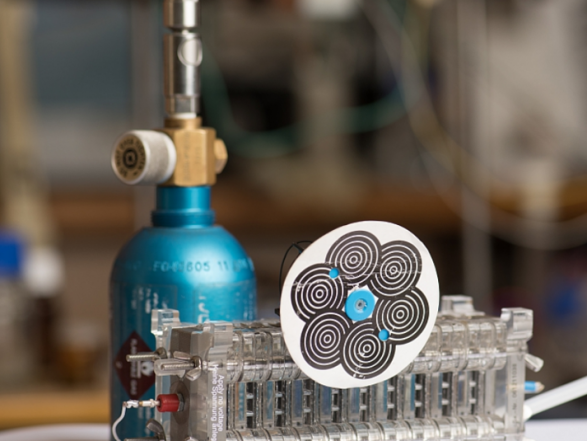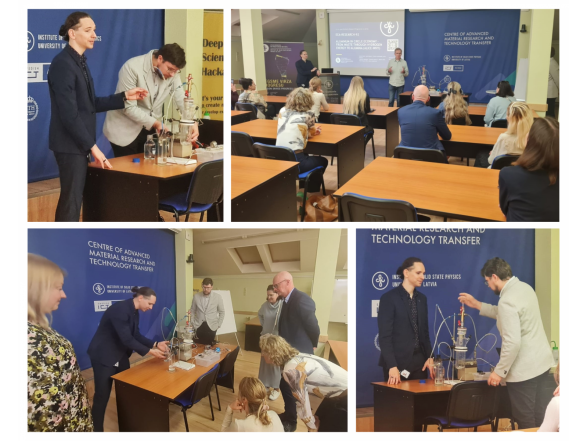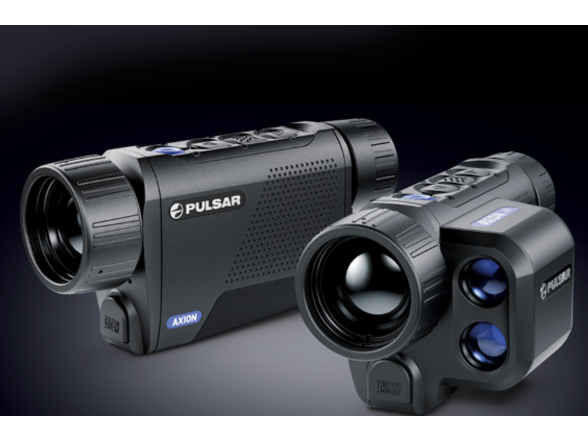Dr.phys. Līga Grīnberga from the ISSP UL’s Laboratory of Materials for Energy Harvesting and Storage was recently featured on LR6 Radio NABA’s Zinātnes vārdā (In the Name of Science) program. In the first part, she discussed her journey in science, focusing on her research in electronic noses that mimic human olfaction. These artificial noses have advantages like not fatiguing, a broader smell detection range, and effectiveness in various environments, finding applications in agriculture and airports.
Contrary to previous studies, the object of Līga’s current research lacks taste and smell. In the second part, she explained hydrogen as a promising energy source that is widely present and used in various compounds. The researcher talked about the ongoing INNOHYPPY project, involving international collaboration, which aims to develop a catalyst for efficient hydrogen production from methane. The ISSP UL is also involved in fuel cell research, which plays a crucial role in energy generation, particularly in transportation. She also highlighted Latvia’s active role in global research despite differences in funding.
In the third part of the program, the researcher talked about the opportunities to visit the ISSP UL: hackathons, and events like the European Researcher’s Night and Solar Cup to engage with the public, emphasizing the importance of inspiring young minds to pursue physics and natural sciences.
Addressing the gender imbalance in STEM, Dr. Grīnberga, a recipient of the prestigious L’Oreal For Women in Science Award, emphasized the need to break stereotypes and encourage girls to explore fields like chemistry and physics. She highlighted initiatives like Job Shadow Days for firsthand experiences, emphasizing the growing demand for well-educated specialists in these fields as hydrogen energy gains prominence in global goals.
The program provides insight into the activities of Latvian scientists across different fields. The aim is to discuss the work, accomplishments, and challenges of these scientists in a manner that is accessible and engaging for a broad audience.



